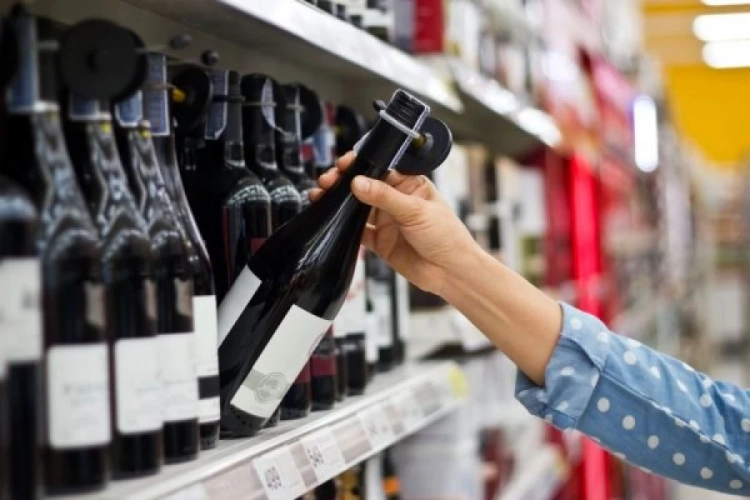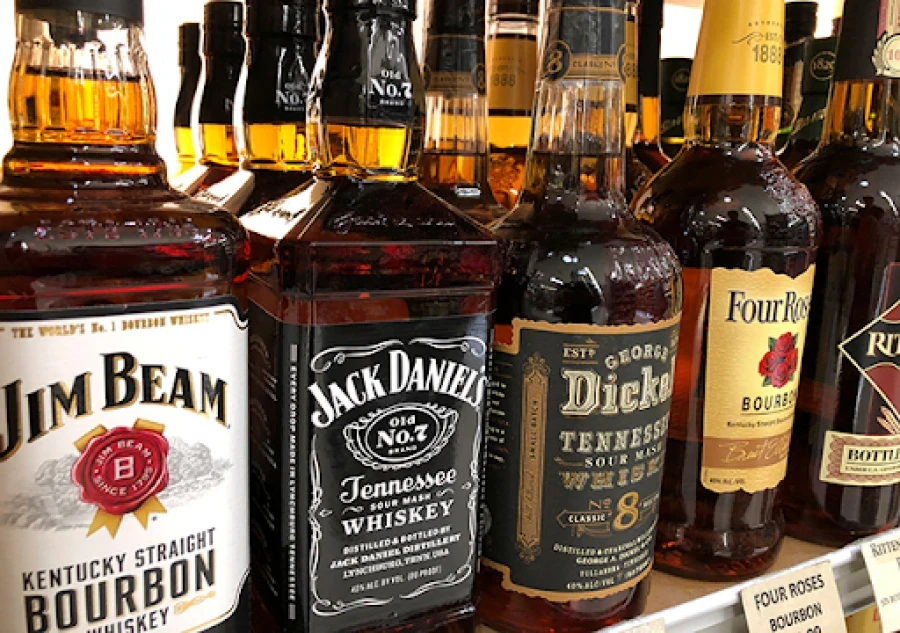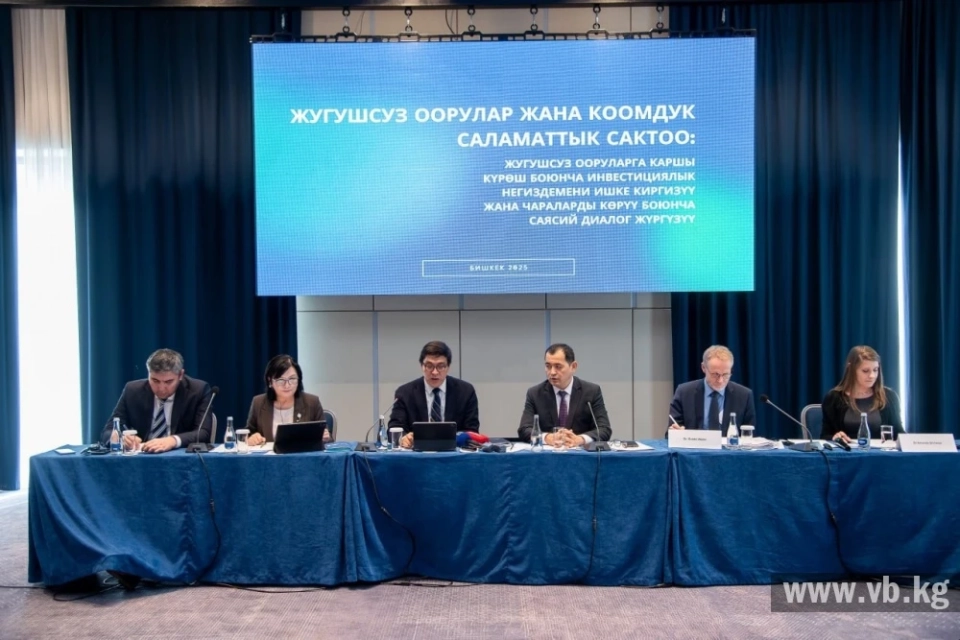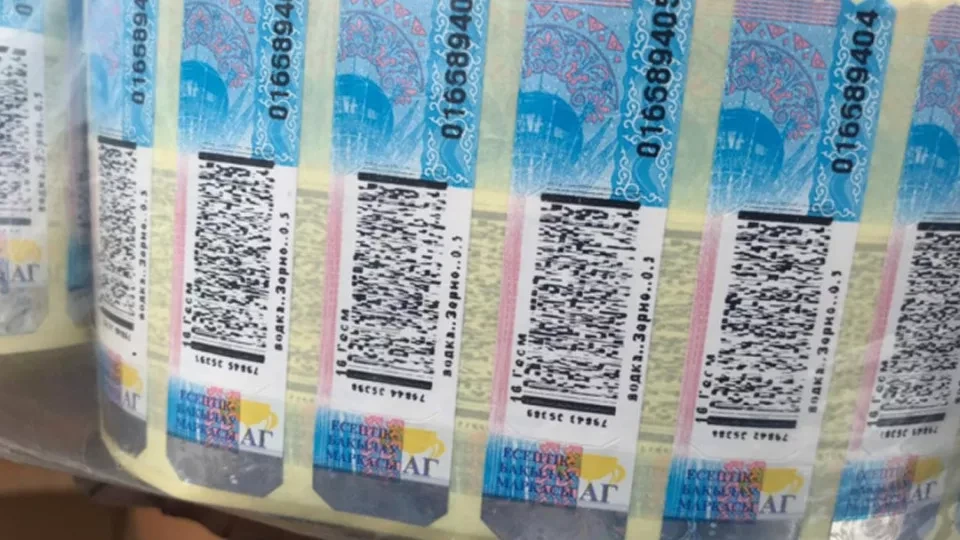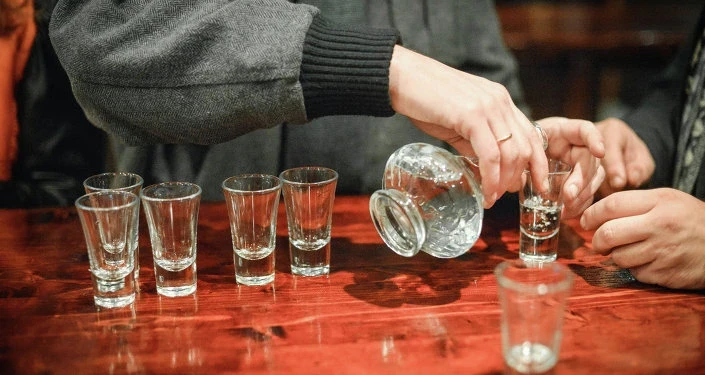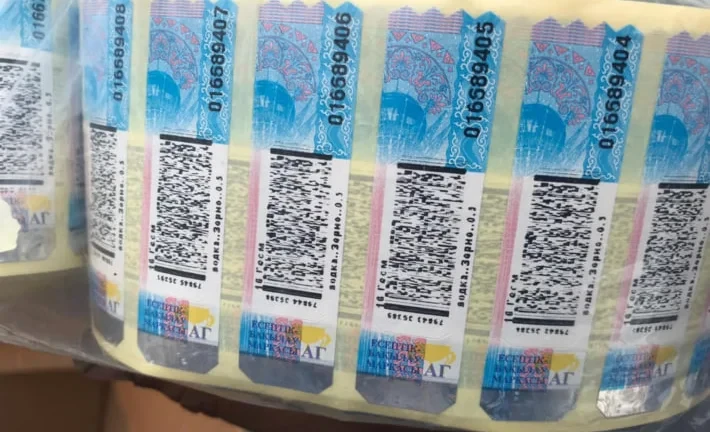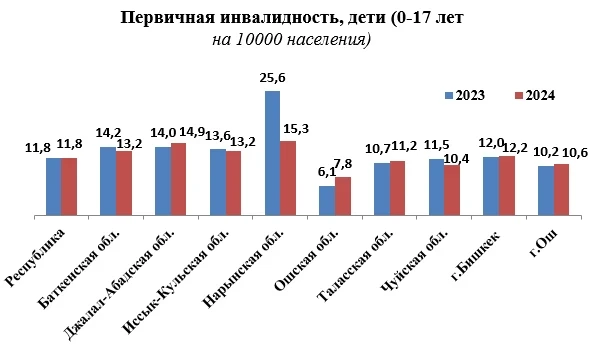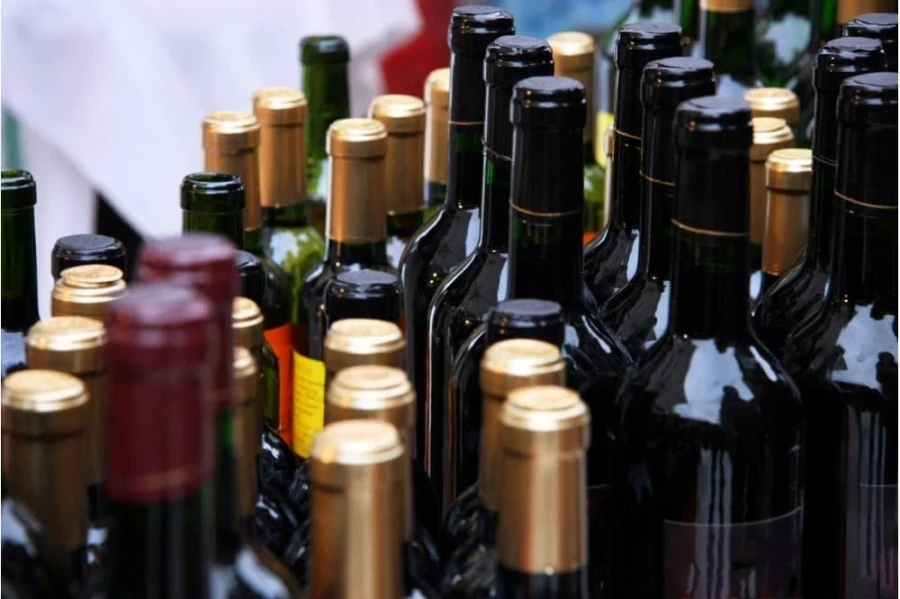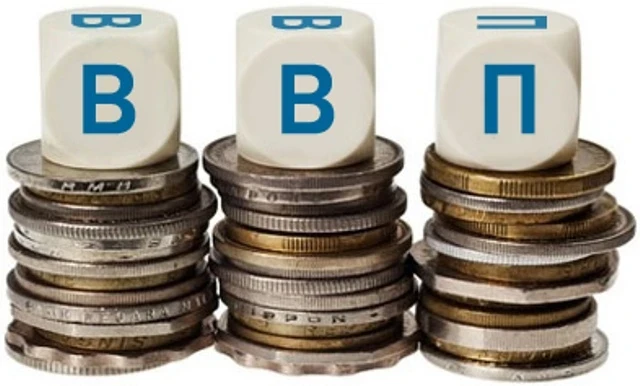Previously, experts in an article expressed concerns that this innovation could lead to an increase in the illegal market and a decrease in tax revenues.
According to the Ministry of Health, increasing excise taxes and, consequently, the rise in retail prices for these goods is one of the most effective ways to reduce their consumption. This is part of the best practices of the WHO in combating non-communicable diseases (NCDs), and, according to the Ministry of Health, experience in tax policy shows that higher prices reduce demand.
Tobacco
Kyrgyzstan is a party to the WHO FCTC (Framework Convention on Tobacco Control), which unites 182 countries, including Kyrgyzstan and the European Union.WHO studies confirm that tax and price measures are the most effective for reducing tobacco and nicotine consumption, as they make these products less accessible to youth and children.
Sugary Drinks
There are over 84,000 registered patients with diabetes in the country, which is ten times lower than the expected number. The STEPS-2023 study showed that nearly 10% of adults aged 40-64 have high glucose levels, and this figure increases by 5-7 thousand cases annually.Many patients do not receive the necessary treatment and are even unaware of their diagnosis, leading to serious complications such as diabetic retinopathy and kidney diseases requiring hemodialysis. Government spending on treating diabetes complications through hemodialysis exceeds two billion soms per year.
Global practice shows that concerns about reduced demand after price increases are unfounded: when consumption of sugary carbonated drinks decreases, people more often choose less harmful alternatives such as water, juices, and fruit drinks.
Producers typically do not focus exclusively on sugary drinks and can easily adapt to changes in demand.
As for the potential reduction in jobs, this also does not raise concerns. For example, in Mexico, after the introduction of excise taxes on soda, sales decreased, but workers were not laid off; they were transferred to other production lines that corresponded to the increased demand for other products.
Alcohol
Alcohol is responsible for more than 200 diseases and conditions, including liver cirrhosis, cancer, and cardiovascular diseases. In the Kyrgyz Republic, NCDs account for over 80% of all deaths, and alcohol is responsible for nearly 10% of these cases. Each year, about 2,500 deaths in the country are related to alcohol, and it also accounts for 11% of all deaths from injuries and one in six deaths from road accidents.WHO notes that increasing excise taxes on alcoholic beverages is one of the most effective policies for reducing alcohol consumption and preventing NCDs. Well-designed tax rates help:
- reduce overall consumption and associated harm by making alcohol less accessible, especially in conditions of rising incomes and inflation;
- lower healthcare costs and increase economic productivity;
- provide government revenues that can be directed to healthcare and social services;
****
The Ministry of Health also commented on some statements made in the article.- On the increase in smuggling due to the rise in excise taxes.
According to World Bank data, lowering taxes has never contributed to reducing smuggling and is not an effective strategy.
- On the potential loss of budget revenues.
Rising prices also help reduce the burden on law enforcement and the healthcare system by decreasing the number of mortality and injury cases related to alcohol intoxication (e.g., traffic accidents, domestic crimes, and domestic violence). Studies show that increasing excise taxes leads to a reduction in sugary drink consumption and an increase in water purchases; modeling also predicts a decrease in cases of diabetes and cardiovascular diseases.
- On the claim that homemade substitutes are more dangerous.
This argument underscores the need for regulation and price increases through enhanced control, rather than abandoning tax policy.
If markets remain unregulated, the consumption of unsafe substitutes can indeed become a risk. However, the right approach is not to abolish excise taxes but to combine fiscal policy with quality control and improved inspection, as well as a substitution program.
Conclusion:
The Ministry of Health of Kyrgyzstan views the increase in excise taxes on alcohol, tobacco, and sugary drinks as an internationally recognized measure that contributes to:- improving the health of the population;
- reducing mortality from NCDs;
- strengthening equity in healthcare;
- increasing government revenues;
- reducing treatment costs and social consequences of abuse.
